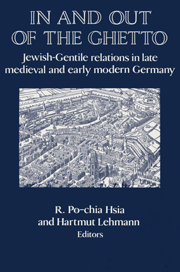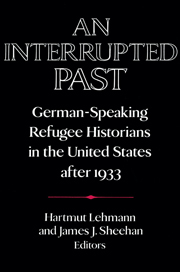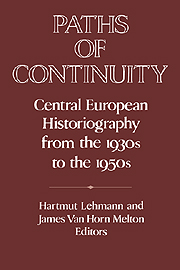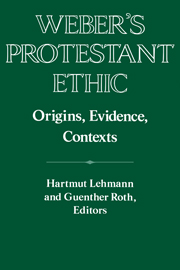On September 11, 2001, a small church next to Ground Zero survived almost unharmed, adjacent to the place where the famous Twin Towers had once stood. Journalists who reported the disaster and who saw the location of this little church talked of a miracle. This was the only word available to them in order to explain what seemed to be inexplicable otherwise. But in our secularized age, in none of the reports which I have read was a connection made between the possible causes of the catastrophe of 9/11 and the possible meaning of the survival of the little church which was called a ‘miracle’. People in early modern Germany would have been able to draw such connections, and this is the topic of my essay. In recent years, some historians have discovered the crucial role of catastrophes in pre-modern times. As they point out, catastrophes changed people’s lives drastically and in unforeseen ways. This was also true for early modern Europe and in particular for early modern Germany. With two exceptions, however, the importance of religion in coming to terms with the consequences of catastrophes has not been discussed. Moreover, in these studies miracles were not mentioned, even though the belief in miracles is a significant element of almost every account concerning a catastrophe.



